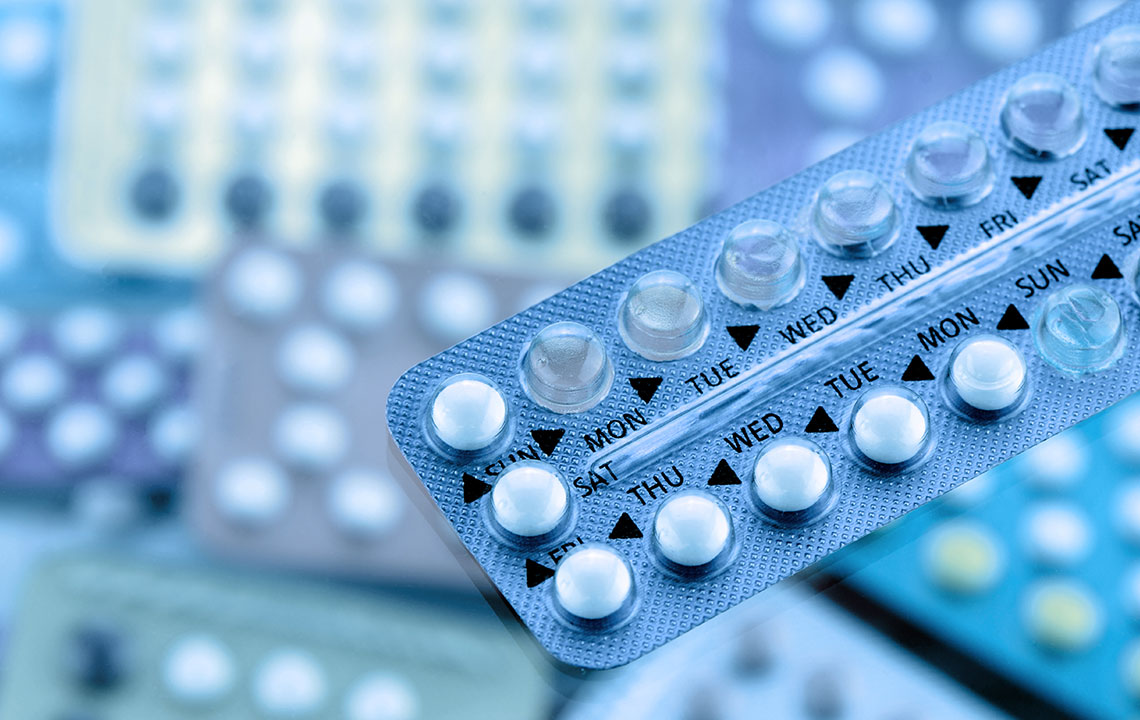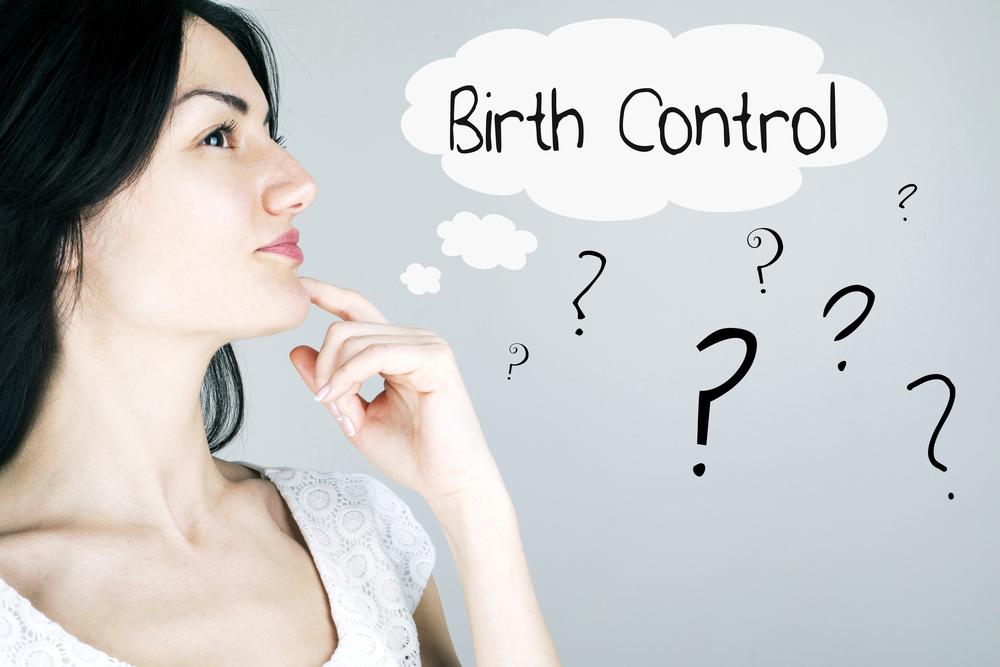Key Factors to Maximize Birth Control Effectiveness
Explore essential factors for effective birth control, including methods, durability, costs, side effects, and partner considerations. This guide helps individuals choose suitable contraceptives based on needs, lifestyle, and health profiles, ensuring better pregnancy prevention and overall reproductive health.
Key Factors to Maximize Birth Control Effectiveness
Birth control encompasses any device, method, or medication aimed at preventing pregnancy. While most options are tailored for women, some products and procedures are available for men. The market offers a variety of contraceptives, each functioning differently to suit different needs.
Some birth control methods are ideal for avoiding unplanned pregnancies, whereas others are preferred for their ease of use. Additionally, certain contraceptives are effective during menstruation or are low-hormone options. Below are common birth control options, devices, and techniques.

Low-maintenance options
Implants and IUDs require minimal upkeep. Implants are effective for up to five years, while intrauterine devices can prevent pregnancy for up to 12 years.
Scheduled use
Methods like birth control shots, vaginal rings, patches, and pills must be used consistently according to their schedules. Their effectiveness is generally lower than that of implants and IUDs, with usage varying from daily to monthly.
Daily application
Condoms, internal condoms, diaphragms, sponges, cervical caps, and spermicides need to be used with each act of intercourse for optimal prevention. Among these, condoms offer the highest efficacy.
Permanent solutions
Couples may choose permanent procedures like tubal ligation for women or vasectomy for men. Vasectomy tends to be more affordable.
While most contraceptive methods are effective, keeping emergency contraceptive pills handy is a wise precaution. These pills can prevent pregnancy within five days after unprotected sex.
Important considerations before choosing birth control
Factors such as relationship status, age, and overall health should influence your decision.
Reversible options
Many birth control methods are reversible, suitable for couples planning future pregnancies. Only sterilization and vasectomy are permanent choices.
Possible side effects
Hormonal pills contain estrogen and progesterone, which may impact natural hormone levels. Discuss potential side effects with your healthcare provider to manage any imbalances. Effects can be internal or external depending on dosage and frequency.
STD protection
Male and female condoms are the only contraceptives offering protection against sexually transmitted diseases. Using a new condom with each partner significantly reduces infection risk, especially with casual partners.
Cost considerations
Costs vary widely among contraceptives. Implants and IUDs can be expensive upfront, while condoms and spermicides are more affordable but need frequent repurchases. Permanent procedures like vasectomy and tubal ligation are costly and irreversible.
Additional benefits
Some contraceptives can lead to lighter periods, lower infection risk, and reduced chances of certain cancers. Personal preferences and lifestyle influence the best choice for each individual.
Effectiveness of various methods
Methods like withdrawal and outercourse depend heavily on self-control and awareness, making them less reliable.
Partner involvement
Successful contraception often requires mutual understanding. Discuss options thoroughly with your partner, and involve healthcare professionals if needed for informed decisions.
Insurance coverage
Many insurance plans, including Medicaid, cover costs for contraceptive procedures. Confirm with your provider to understand your coverage options. Some plans may provide comprehensive support for family planning.










